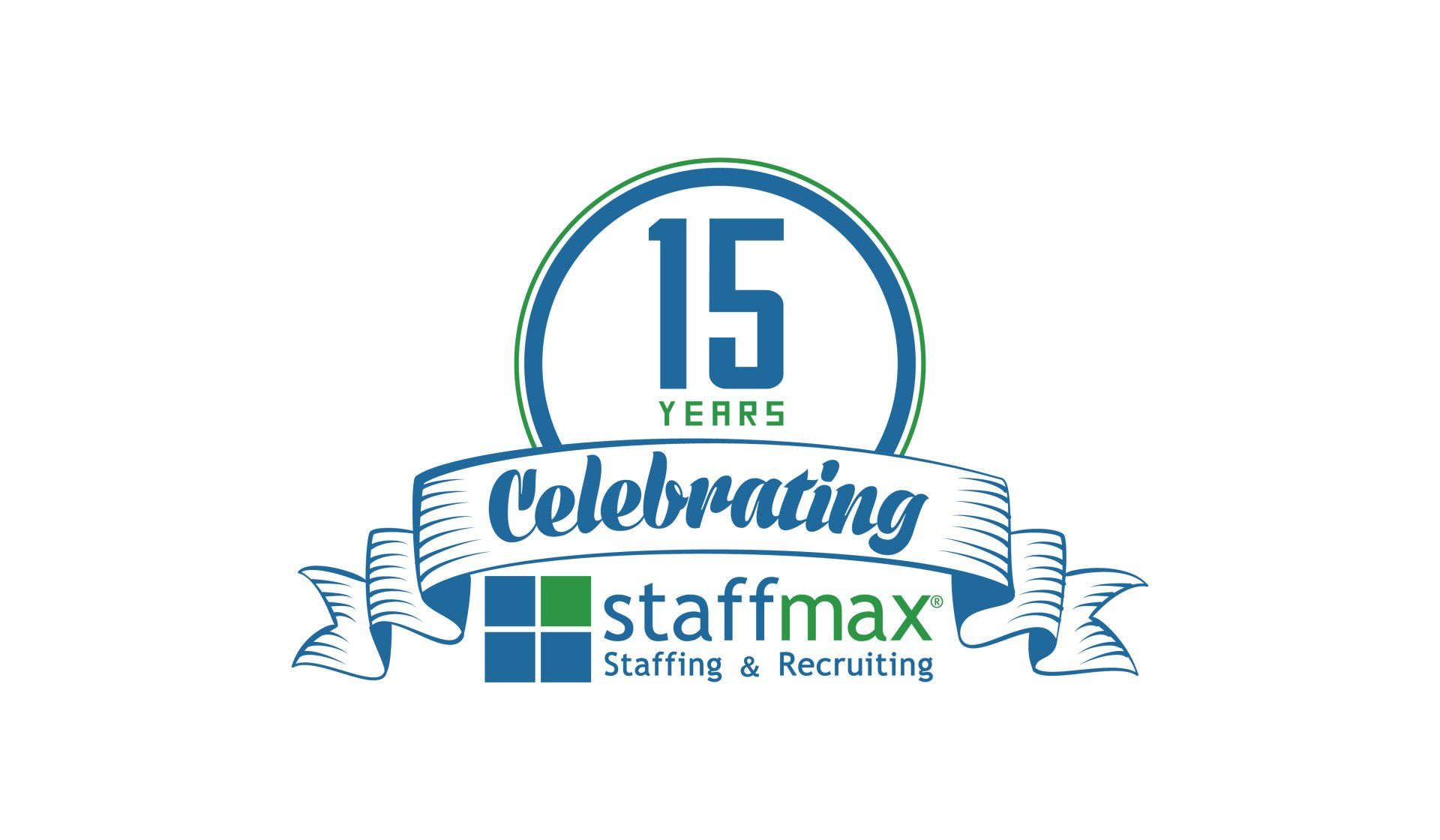The Counter Offer Doesn't Change the Environment
By Wendy Phan for LinkedIn.com

As a recruiter, I have come across many job seekers who are willing to explore the job market but may not have any apparent reasons to leave their current jobs. These group of job seekers are the most likely to drop-out from a hiring process, even at offer stage, because they are more likely to accept a counter-offer from their current employer. However, is it a wise decision to accept a counter offer? Will the underlying issues that prompted a person to passively explore job opportunities disappear or improve with the counter offer? Or is it all due to fear of change?
Having spoken to many job seekers and understanding their motivation and needs, these are some common reasons that prompted people to seek new job opportunities, either actively or passively:
· Feeling underpaid or unappreciated
· Slow or no career progression
· Long working hours
· Bored with the job scope
· Political culture
· Bad boss
· Distance to work
Whatever the reasons, as a job seeker, you would have attempted to resolve some of these underlying issues. But certain things are beyond your control, so would the problem disappear after accepting a counter offer from your current employer? Very highly no. Many job seekers who accepted counter-offer would, for various reasons, return within months to start their job search again, because counter-offer is a short-term solution to long-term underlying issues. Statistics have shown that four out of five people who accept counter-offers are gone within the year.
So, here are the 10 reasons why you should NOT accept a counter offer:
1. Nothing changes except your salary. The underlying issues that prompted you to consider other job opportunities will remain there – things and people don’t change overnight.
2. Your future employer sees a potential in you that your current employer does not see. Taking on a new hire is a risk, for both the employer and employee. If your future employer is willing to take the risk to groom and grow your potential and future, why not seize the opportunity?
3. Great things never come from staying within your comfort zone. You may feel familiar and comfortable with your current employer, but does it bring you the job satisfaction that you desire? Often, a change will bring growth and transformation.
4. You have not been paid what you are worth for. If your employer is willing to adjust your salary when you “threaten” to resign, then your employer is knowingly underpaying you for your talent and efforts, an indication of non-appreciation of their employees.
5. Are you bringing forward your bonus/promotion/pay rise now rather than when it’s due? Most companies have strict pay scales for each level and position, so you might end up having a lower adjustment when your next pay revision or review is due. Would you be happy then?
6. Trust likely be broken between you and your current employer. Often, resignation is seen as “lack of loyalty”, and your current employer may now question if they can count on you, which will limit your future growth.
7. Your employer may question your convictions knowing now that you can be “bought”. People who accept a counteroffer often feel that they have been bought rather than rewarded for the work they have done. This dissatisfaction will eventually affect your sense of belonging to the company.
8. On average, around 80% of those who accept counter offers reignite their job search within 3 months. You may genuinely still do your best for your current employer, but your employer and co-workers may treat you differently now that you have shown a “lack of loyalty”.
9. Your “lack of loyalty” may likely put you at the top of the pile when they are looking to reduce the number of employees when times get tough.
10. Counter offers are usually just a stalling tactic to give your employer time to find your replacement at a lower salary.
At the end, if you decide to accept the counter offer, my advice is to get everything you want in writing from your current employer. It is also important to be professional and end things gracefully with your future employer and recruiter that worked with you on the new job opportunity – it’s a small industry, you never know when you will cross path again.













